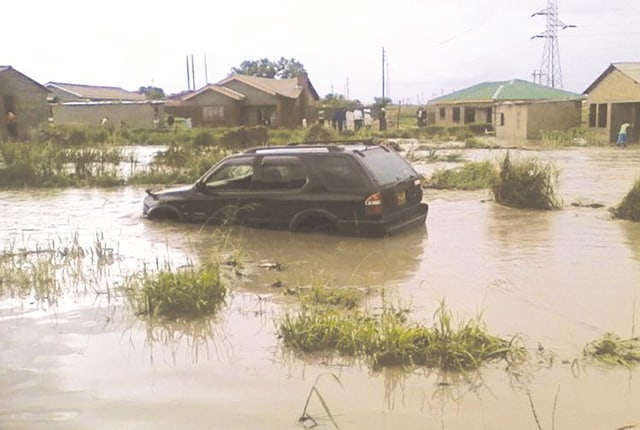Munesushe Munodawafa, the Permanent Secretary for the Ministry of Environment, Climate, Tourism, and Hospitality industry has said that wetland loss and degradation cost the country millions of dollars.
He was speaking at the Wetlands and Policy Guidelines Sensitisation Workshop held at the Cresta Churchill Hotel in Bulawayo yesterday.
“It is important to note that wetland loss and degradation costs the country millions of dollars through increased costs of providing water in its rightful quality and quantity for domestic and agricultural use, livelihoods, resilience to droughts and climate change,” Munodawafa said.
He emphasised the need to work towards identifying and designating ecologically sensitive areas, including wetlands that cover an estimated 4% of the total land area of Zimbabwe.
Wetlands are extremely important because they are sources of water, hold back floodwaters and run-off, thus reducing erosion and flood damage in the downstream catchment areas.
Furthermore, wetlands provide many goods and services such as the provisioning of water in the right quality and quantity, recharge of rivers and streams, act as micro climatic control mechanism; as well as tourism, agriculture and biodiversity support.
Having recognized the importance of these dynamic sensitive ecosystems, Zimbabwe ratified the Ramsar convention in 2013, and to date, it has designated seven RAMSAR sites which need a proper management system that should also be replicated to the rest of the wetlands in Zimbabwe.
Munodawafa said despite the important goods and services offered by wetlands, wetland management issues continue to pose serious challenges among land owners, users and occupiers.
The Ministry of Environment, Climate, Tourism and Hospitality Industry, has noted the numerous management challenges arising from competing interests and lack of cooperation by stakeholders.
“It is for this reason that the Ministry has decided to consult all stakeholders towards finding an appropriate policy framework which can improve the Country’s wetland management practices. To this end, we are drafting a National wetlands policy and management guidelines of which the drafts have been developed, and are now ready for stakeholder input.
“The proposed purpose of National Wetlands Policy is to guide wetlands management process through its incorporation into development planning by the Government, private sector, development partners, traditional leaders, communities and individuals. The aim of these guidelines is to streamline activities and conditions permissible on wetlands while balancing economic development with conservation.
“Currently, there are competing interests regarding wetland utilization. City planners, developers, residents and farmers all view wetlands differently, hence need to find common ground. I must however point out that the common ground we seek must be in line with the broader national biodiversity objectives of the country,” Munodawafa added.
He said his Ministry tasked the Environmental Management Agency (EMA) to coordinate the development of wetlands management documents.
The Permanent Secretary said the process of developing wetlands conservation guidelines began in October 2017, with the setting up of a team of experts to drive formulation of the management documents followed by a series of intensive field and indoor consultations.
-Spiked














